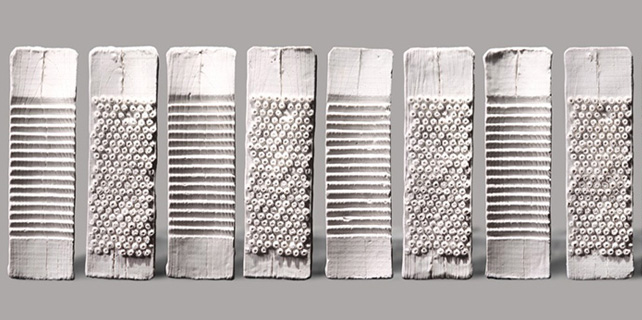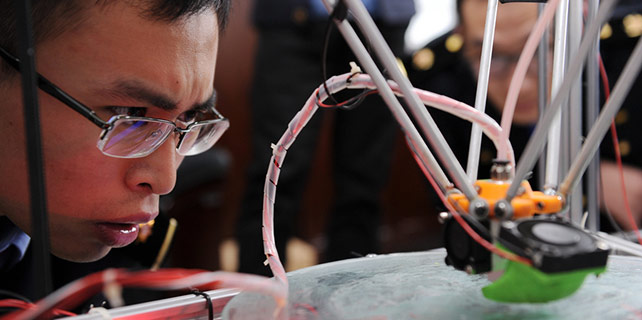New series on spy activities of Japanese 'school'
Toa Dobunshoin, founded by Meiji-era politician Konoe Atsumaro in Shanghai in 1901, was called a Japanese "educational institution for Chinese studies" but its real purpose became clear later.
Until its closure at the end of World War II in 1945, it had sent 4,000 students in 700 groups to conduct research around China. The students were expected to hand in detailed reports as part of their graduation process. These reports were then sent to the Japanese military as references for the invasion of China.
More on this espionage history has recently begun to unfold through a project launched by the National Library of China.
A 200-volume book series, titled Collection of Investigation Manuscripts at Toa Dobunshoin, that presents photocopies of the research report, was released in Beijing earlier this month by the national library's in-house publishers.
After setting up a huge information network, Toa Dobunshoin had done a "carpet search" across China ahead of Sept 18, 1931, which marked the start of the Japanese occupation of northeastern China, says Fang Zijin, head of National Library of China Publishing House, the publishing house.
"Japan got extremely detailed information on the Chinese economy, politics, society, culture and folklore," he adds.
The work combines the library's own historical collections and those from Aichi University in Japan, the successor of Toa Dobunshoin after WWII.
The national library's collections are from 1927 to 1943, and the files from Aichi are from 1916 to 1935.
"Most files from Aichi were once publicly released, in which many sensitive contents were deleted," he continues. "However, our collections are mainly firsthand and complete manuscripts, and show that the purpose of such research at Tao Dobunshoin was far beyond 'academic studies'."
"There was no such large-scale study of the former Japanese school's history before although abundant files were left in China," says Ma Zhendu, director of the Second Historical Archives of China, which is located in Nanjing, East China's Jiangsu province.
The new series is of great significance to historical studies on Sino-Japan relations during WWII, he says.
Nevertheless, the series represents the start of a long-term project to understand Japanese spying activities related to China from the late 19th century to the first half of the 20th.
According to Chen Li, deputy director of the national library, the library plans to set up an online database to gather all files on relevant studies of that history.
The database will be part of online resources on the study of the War of Resistance against Japanese Aggression (1937-45), which is being built by the think tank Chinese Academy of Social Sciences.
"The results of our academic research will be open for overseas students and scholars as well," Chen says.
wangkaihao@chinadaily.com.cn
(China Daily 11/30/2016 page20)
















